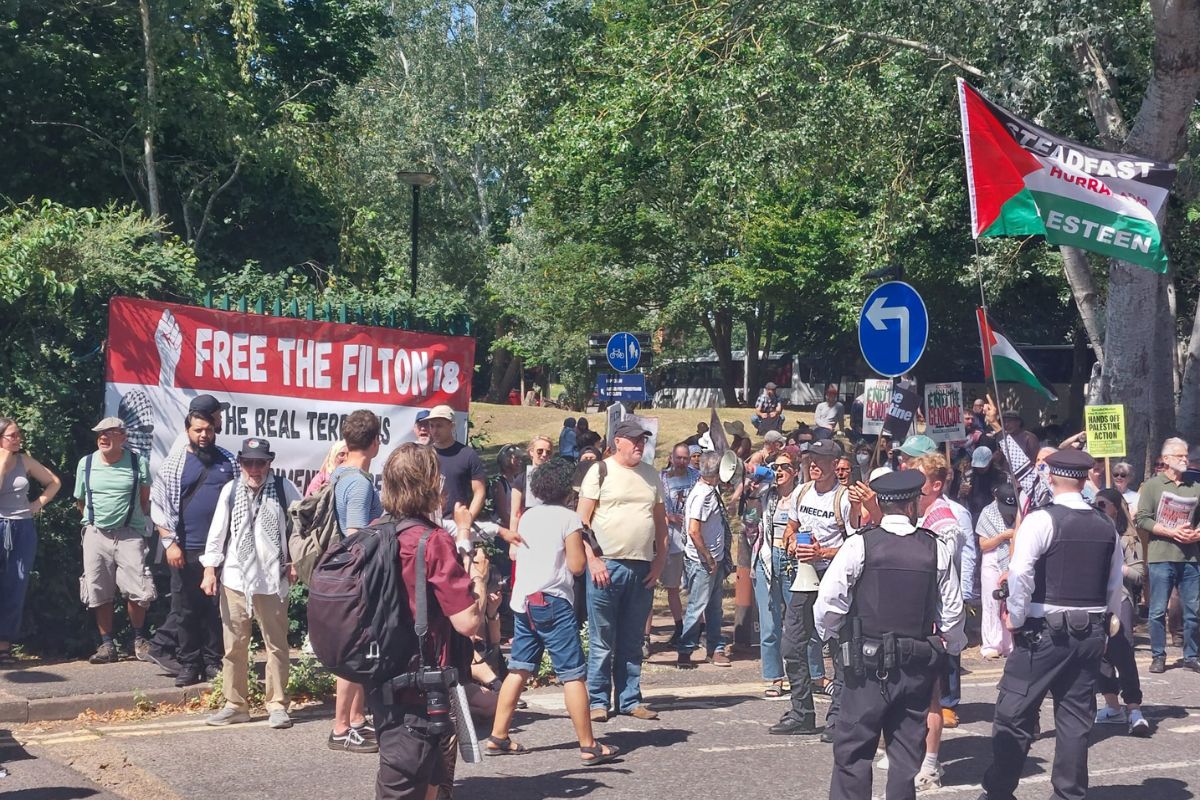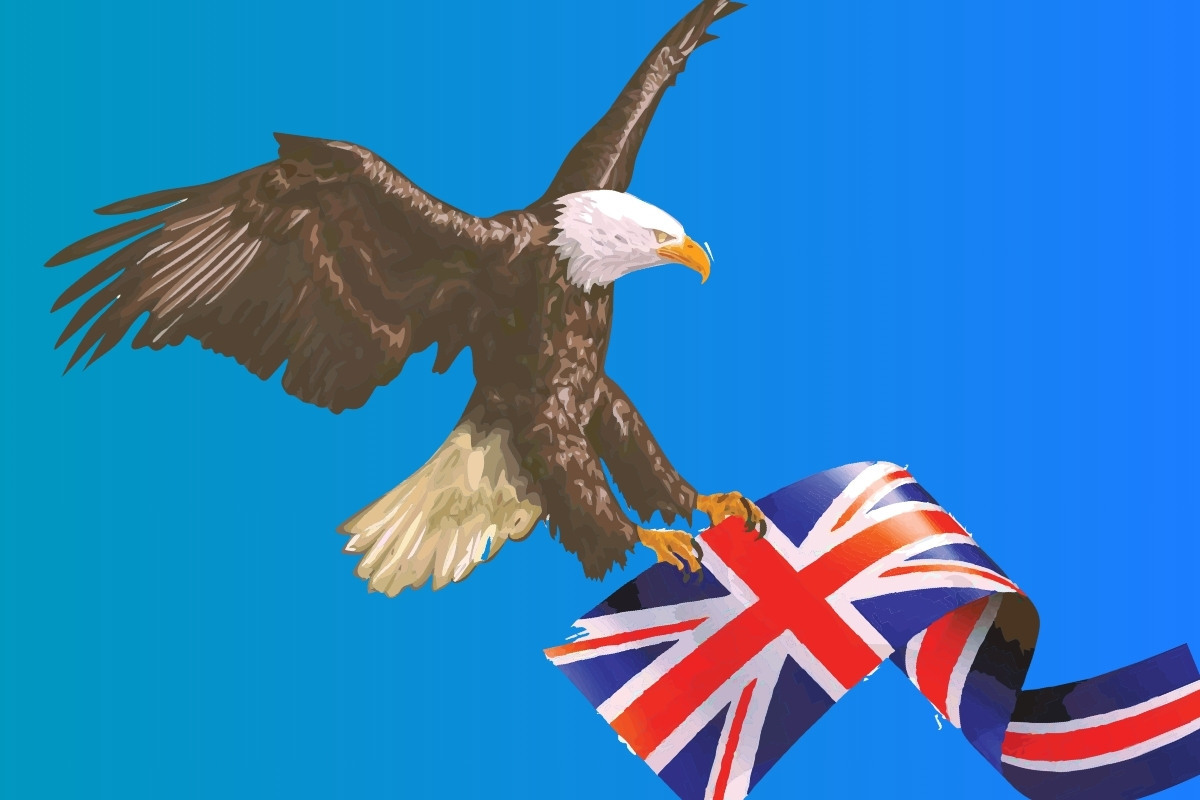Former military heads of
the British army have attacked proposals for the British Parliament to have to
approve any declaration of war made by the British state (BBC news 31/01/08).
Even in a period of apparent political stability the ruling class is clearly
eager to keep a direct grip on the bodies of armed men; the police and the military,
the chief instruments of class suppression. These are vital to the ruling
class’ ability to keep control of society and sections of it are clearly
reluctant to relinquish it even to its own organs of so called democratic rule.
| General Sir Richard Dannatt |
Ex-military heads have gone straight to the House of
Lords completely skipping the House of Commons to dismiss the Measures as being
"too academic". They have been deemed "devoid of realism". The
military heads have claimed "parliament mustn’t run the risk of hazarding
the lives of service men and women". This being said though the
complaints are relatively unfounded as, under the proposals, if there was "no
time" to consult Parliament, then Parliament need not be consulted in
advance. However, the Prime Minister would be held directly responsible
immediately after "he had committed
armed forces under exceptional circumstances" under the proposals.
The Ex-Military heads made comments such as; "In
today’s less clear cut security environment this can be an immensely
complicated matter which needs to be considered further before we completely
abandon the royal prerogative or something equivalent,"( Field Marshal
Lord Vincent of Coleshill), "How often in future are we going to embark on
offensive wars of choice?" (RAF Lord Craig of Radley)
The ex-Generals in effect want the power to declare a
pre-emptive military strike against another nation they disapprove of. This is
against the Charter of the United Nations that Britain has signed up to, and
amounts to the right to commit war crimes. [See Pre emptive strike anyone?]
This is a clear portrayal of the ruling class’
opposition to the full handing over control of a section of the state, to its
own limited democratic bodies. In a so called democracy it would be expected
that matters of foreign policy such as a declaration of war would be at the disposal
of the highest democratic body. Parliament is supposedly a sovereign body above
all others. Yet elements of the ex-military top brass, who are often used as
spokespeople by the current generals, question such principles. As Marxists we
understand that bourgeois democracy is not full democracy that functions in the
interests of or represents the vast majority of society, the working class, Nevertheless
we do seek to defend and further these democratic institutions and stand
against tendencies to increase autocracy and erode the limited democracy that
we do have in this country.
In addition to this, the Times announced that the training for some troops may be halved due
to the increasing demand for soldiers in the Afghan conflict. The Current
training time is 26 weeks in training, however, the proposed changes by the
Ministry of Defence is to drop the minimum training period to 14 weeks. This is
because of the fact that the battalions due to replace the 52nd
brigade in Afghanistan were at least 100 soldiers short. The Ministry of
Defence has claimed that no troops would be deployed on any operation without
the adequate training for action. The Ministry has stated that they were
looking into the possibility of reviewing the reserve forces’ training. This
again indicates further deployments into Afghanistan, which is fast becoming a
huge drain on the resources of the British and American militaries.
The forces of imperialism are facing defeat in
both Iraq and Afghanistan in the face of popular resistance from populations
that will not accept the occupation of their homeland. A product of this has
been the increasing independence of the army in the political field. In recent
months we have seen former generals come out and criticise conditions in the
army and the way politicians have behaved in relation to the armed forces. This
is not normal behaviour in a functioning bourgeoisie democracy and it is a
reflection of the wider crisis currently facing imperialism.






